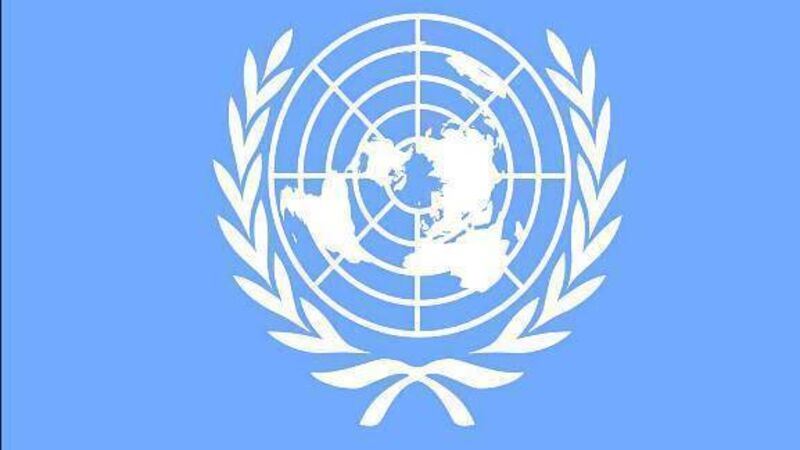New push to reform UN Security Council

The United Nations General Assembly opens a new chapter today in its nearly 30-year effort to reform the UN Security Council, plagued by national and regional rivalries that show no sign of abating.
The 192 UN member states will hold an informal meeting behind closed doors this afternoon to launch negotiations on revamping the UN's most powerful organ to reflect the world today rather than the global power structure after the Second World War when the United Nations was created.














